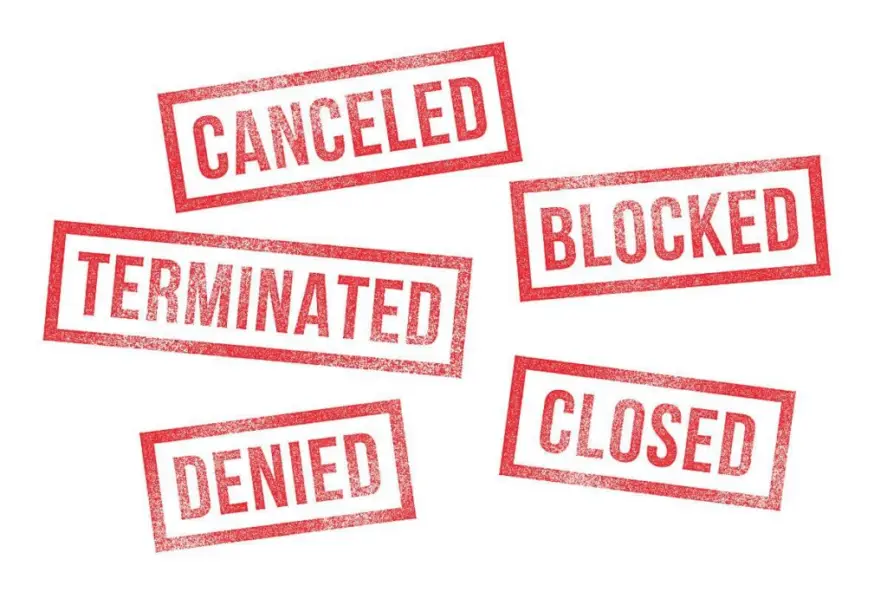Disciplinary actions or the nonrenewal of your medical license can be similarly devastating. You have spent countless hours working to earn the credentials necessary for your medical license, only to suffer what may be a major setback to your career. Without a license, you cannot practice medicine, which leaves you without a means of financial support or a way to use your medical degree.
Enlisting the help of a medical license defense lawyer can help you fight back against the notice of nonrenewal and work to obtain a renewal of your medical license. With legal assistance, you may also be able to negotiate the best possible resolution of the matter before the Texas Medical Board (TMB) and safeguard your career.
Renewing Your Medical License in Texas
Doctors in Texas must renew their medical licenses every two years. You can begin the online renewal process 60 to 90 days before the expiration date of your license by providing your license number, social security number, and reviewing, confirming, or updating your personal information. You then can pay your registration fees and print your receipt.
Renewal is an easy process. However, in certain situations, the TMB may refuse to renew your license, which can be highly problematic. Under Tex. Occ. Code §155.011, you cannot practice medicine without a license, so if you lose your license, you may lose your job and your ability to earn a living.
Grounds for Refusing to Renew a Medical License
Tex. Occ. Code §164.001 states that the TMB can refuse to renew a medical license, deny an initial medical license, or take disciplinary action against a licensee for any violation of the rules or laws that govern medical professionals. Various grounds for denial of a medical license or disciplinary action by TMB are outlined in Tex. Occ. Code §164.051, which include a licensee who:
- commits a prohibited practice by a physician;
- is convicted of, or is placed on deferred adjudication community supervision or deferred disposition for:
- a felony; or
- a misdemeanor involving moral turpitude;
- commits or attempts to commit a direct or indirect violation of a rule adopted under this subtitle, either as a principal, accessory, or accomplice;
- is unable to practice medicine with reasonable skill and safety to patients because of:
- illness;
- drunkenness;
- excessive use of drugs, narcotics, chemicals, or another substance; or
- a mental or physical condition;
- is found by a court judgment to be of unsound mind;
- fails to practice medicine in an acceptable professional manner consistent with public health and welfare;
- is removed, suspended, or is subject to disciplinary action taken by the person’s peers in a local, regional, state, or national professional medical association or society, or is disciplined by a licensed hospital or medical staff of a hospital, including removal, suspension, limitation of hospital privileges, or other disciplinary action, if the board finds that the action:
- was based on unprofessional conduct or professional incompetence that was likely to harm the public; and
- was appropriate and reasonably supported by evidence submitted to the board;
- is subject to repeated or recurring meritorious health care liability claims that in the board’s opinion evidence professional incompetence likely to injure the public; or
- with some exceptions, holds a license to practice medicine subject to disciplinary action by another state, or subject to disciplinary action by the uniformed services of the United States, based on prohibited acts by a physician or similar acts described by this subsection.
This code section goes on to list examples of prohibited acts by a physician and unprofessional or dishonorable conduct, all of which can lead the TMB to refuse to renew a medical license.
Challenging the Denial of Renewal of a Medical License
If the TMB refuses to renew a medical license, the individual can request to appear before the licensure committee of the TMB. This committee can perform a Disciplinary Licensure Investigation under 22 Tex. Admin. Code §187.13. Following this investigation, the committee may take the following actions:
- Refuse to renew the license;
- Determine that the individual is eligible for a renewed license, with or without certain conditions or restrictions;
- Authorize a renewed license under a remedial plan; or
- Defer its decision pending more information.
The committee can propose a remedial plan or agreed order that sets certain conditions or restrictions on the license renewal. If the parties cannot reach an agreement, or the committee still refuses to renew the license, the individual has 20 days from the date of receiving the TMB’s determination to either:
- Accept the determination of license renewal ineligibility; or
- Appeal the determination to the State Office of Administrative Hearings (SOAH).
The case then continues to SOAH, which appoints an administrative law judge (ALJ) to hear the case and decide whether the individual is eligible for a medical license renewal.
Get Legal Representation Today to Help Renew Your Medical License
After you have worked hard to finish your education and develop your career, receiving a notice of renewal of your medical license can be unexpected and disappointing. However, having a medical license defense attorney on your team can be essential to a positive outcome in your case. You can reach the offices of Bertolino LLP, by calling (512) 515-9518 today or filling out our contact form online.
Call or text (512) 476-5757 or complete a Case Evaluation form





